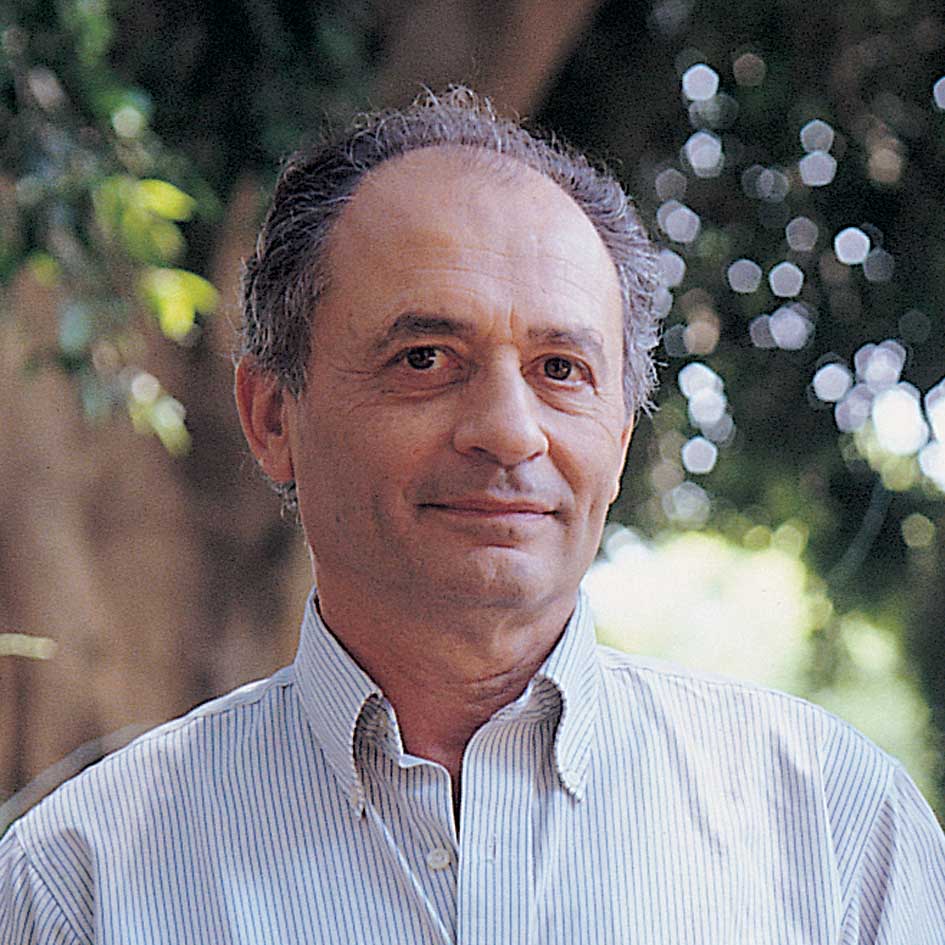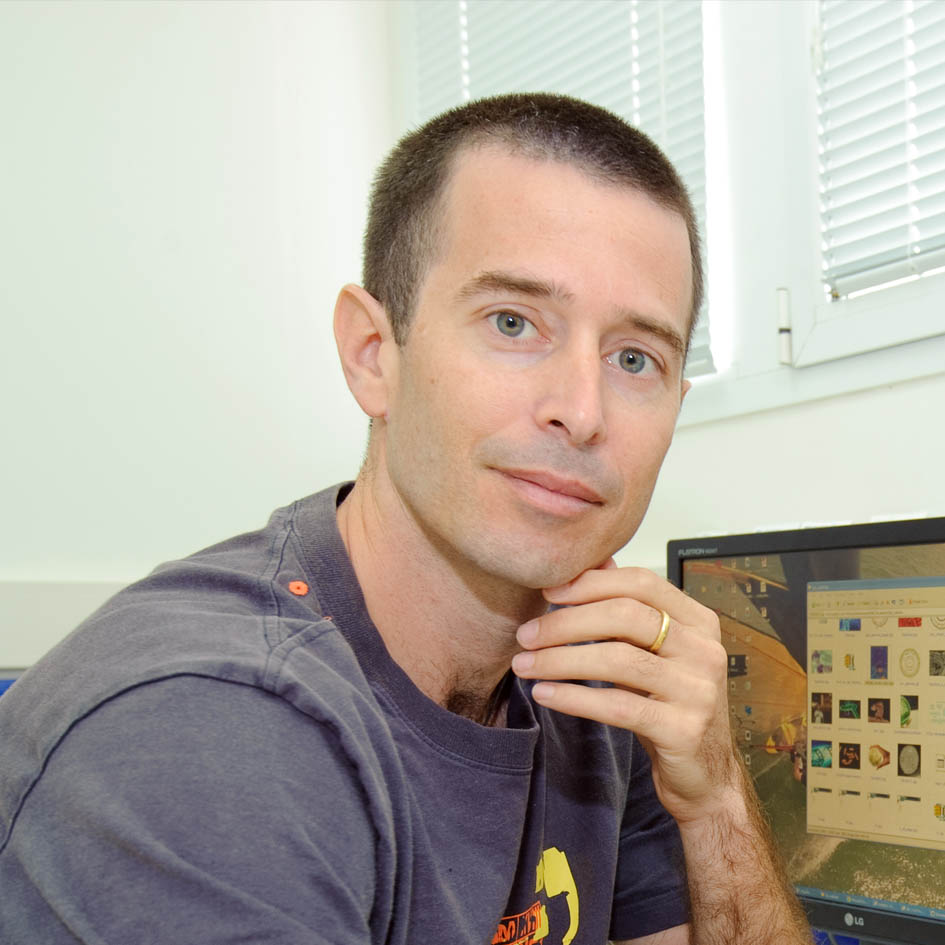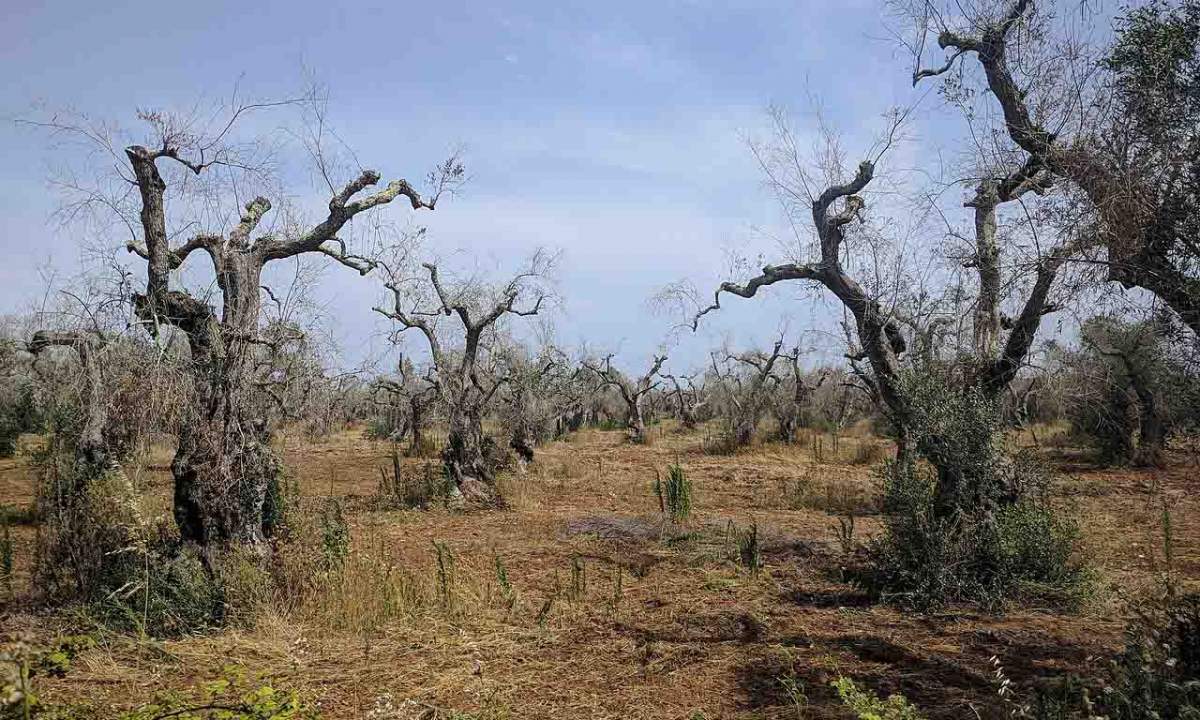עיתונאיות ועיתונאים, הירשמו כאן להודעות לעיתונות שלנו
הירשמו לניוזלטר החודשי שלנו:

Hydrogen fuel produces only water when it is burned; but moving to a greener, “hydrogen economy” has proved to be an uphill climb. A major challenge is to efficiently store the hydrogen – the lightest element, normally a gas, which is also extremely flammable and explosive upon exposure to air in its pure, elemental form. Existing methods tend to be expensive, less efficient than fossil fuels and require extensive safety features. Weizmann Institute of Science researchers recently developed a method for storing hydrogen in chemical form that may finally bring this fuel within efficient and safe reach.
One of the main limitations in using hydrogen for fuel today is that of volumetric energy density: To get enough power, the tank must either compress the hydrogen gas to high pressures, or else cool it to the extremely low temperatures at which it becomes a liquid. Either requires a large energy input to create and maintain these conditions, and further expense is must be added to ensure the safety of the vehicle. Chemical storage is a third option, and such compounds as hydrides and special hydrocarbons have been studied as hydrogen carriers, but these, to date, remain costly and complex compared to directly burning fossil fuels.
Prof. David Milstein and his group in the Weizmann Institute of Science’s Organic Chemistry Department developed a new type of liquid organic hydrogen carrier (LOHC) based on readily available, inexpensive compounds called piperidines, which is then combined with a two-way catalyst that reversibly adds and removes hydrogen molecules from these compounds – at relatively low pressure. This system is already capable of generating hydrogen up to 5.3% by weight, and works at over 90% efficiency. Milstein and his group intend to bring those numbers up to 6% by weight and 100% efficiency.
Yeda Research and Development, the technology transfer arm of the Weizmann Institute of Science, is working to advance this technology to market.

Prof. David Milstein's research is supported by the Bernice and Peter Cohn Catalysis Research Fund; and the Israel Matz Professorial Chair of Organic Chemistry.

In 2013, a mysterious disease began wiping out olive trees in Puglia, a region of Italy famous for its olive oil. Coming seemingly out of nowhere, the disease is caused by Xylella fastidiosa, a bacterium that passes from tree to tree by “piggybacking” on insects. This disease has alarmed farmers across Europe because it can kill over 200 types of plants — including fruit trees and grapevines — and, as yet, there is no cure. It is one of several bacterial diseases that are wiping out yields in plants from corn to bananas.
New hope for farmers battling such diseases might come from a biological solution currently under development by EcoPhage, a company that is working on novel and natural products for fighting bacterial infections in plants. EcoPhage’s technology is based on discoveries from the Weizmann Institute of Science. The company was formally established in July 2019 by The Trendlines Group, the Israeli Innovation Authority (IIA), and Bayer Crop Sciences.
Although the idea of fighting bacteria with bacteria-killing viruses known as bacteriophages has been around for decades, the technology needed to pinpoint and create effective combinations of phages into an agriculturally useful application was lacking. Prof. Rotem Sorek of the Institute’s Molecular Genetics Department is considered a world leader in the field of bacteriophages. He and his group are developing the technology needed to “recruit” these viruses in the war against crop disease.
Sorek: “Bacteriophages can efficiently eradicate the target pathogenic bacteria, while leaving the ‘good’ bacteria unharmed. As they do not interact with the plant itself, they can become a very powerful solution when applied in agricultural settings.”
EcoPhage holds exclusive license to produce bacteriophages for crop diseases from Yeda Research and Development Company, the technology transfer arm of the Weizmann Institute. “The company came together as the result of a year-long, intensive collaborative effort between Yeda, Bayer, and Trendlines. We are excited by the tremendous potential of this new company and look forward to it growing into a major contributor to the world of crop protection,” says Steve Rhodes, Chairman and CEO of Trendlines.
EcoPhage is the second company jointly established by Trendlines, together with the Bayer Trendlines Ag Innovation Fund, and supported by the IIA Incubator Incentive. The first company was IBI Ag Ltd., which is developing eco-friendly, highly targeted solutions for pest control.
The Bayer Trendlines Ag Innovation Fund was established in April 2016 as a collaborative partnership between The Trendlines Group and Bayer to invest in agricultural technologies. The partnership agreement includes a $10 million investment from Bayer, to be invested in Trendlines’ portfolio companies.

Prof. Rotem Sorek's research is supported by the David and Fela Shapell Family Foundation INCPM Fund for Preclinical Studies; the Knell Family Center for Microbiology; the Sagol Weizmann-MIT Bridge Program; the Schwartz/Reisman Collaborative Science Program; the Yotam Project; and the European Research Council.